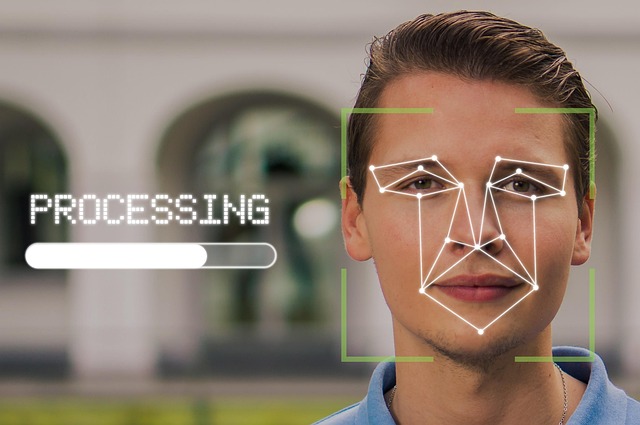In the intricate dance of existence, the concept of recognition stands as a profound pillar within both science and modern philosophy. Existentialism, with its deeply humanistic roots, invites us to confront the dilemmas of individuality, authenticity, and our quest for meaning. At its core, recognition encompasses both self-awareness and the acknowledgment of others, illuminating our existential path.
From a scientific perspective, the idea of recognition can be explored through the lenses of psychology and neuroscience. Our understanding of human behavior reveals that recognition is not merely a social construct but is intertwined with our biological makeup. The brain, a complex organ housing countless neurons, operates on systems of recognition that govern how we perceive both ourselves and the world around us. Neurologically, the act of recognizing oneself in a mirror can evoke a profound sense of identity, showcasing the interplay between cognition and existential selfhood.
Modern philosophy further deepens our exploration of recognition. Philosophers like Hegel and Sartre have engaged with the notion that recognition is fundamental to the formation of identity. Hegel posits that self-consciousness arises through the recognition of others, suggesting that our perceptions are shaped by relational dynamics. Sartre, on the other hand, contemplates the idea of ‘the Other’ in which recognition becomes a battleground for freedom and autonomy. Here, the struggle for recognition unfolds as a timeless quest; it is about asserting one’s existence in a world filled with diverse perspectives and experiences.
Further delving into the philosophical realm, we encounter the concept of mutual recognition, which emphasizes the importance of acknowledging others as equal subjects of worth. This notion becomes increasingly vital in today’s fragmented societies, where divisions often threaten the foundation of collective existence. In the realm of existentialism, fostering an environment where recognition thrives can lead to greater empathy, solidarity, and a deeper understanding of the self in relation to others.
Yet, the quest for recognition is often marked by tension and conflict. In our pursuit of validation, we may find ourselves entangled in the complexities of societal norms and expectations. This struggle raises critical questions: How do we balance our intrinsic need for recognition with the authenticity of our being? Can we truly find ourselves if we are constantly seeking approval from others? These dilemmas propel us into the heart of existential inquiry, challenging us to forge paths that honor both our individuality and our interconnectedness.
In a world significantly shaped by technology, the mechanisms of recognition have also evolved. Social media platforms create new arenas for identity expression and validation, yet they can simultaneously dilute authentic exchanges. The curated self that thrives online often contrasts starkly with the raw experience of personal existence. This dichotomy accentuates the existential challenge: how do we reconcile our desire for recognition with the risk of becoming lost in the virtual abyss?
Ultimately, exploring recognition within the frameworks of science and modern philosophy invites us to reflect on the delicate balance between self and other. It encourages us to nurture relationships that are built on mutual respect and understanding while successfully navigating the intricate landscape of individual and collective identity. Recognizing this interplay propels us beyond academic discourse and into a personal journey—one where each encounter shapes our being and reaffirms our existence in a myriad of ways.




